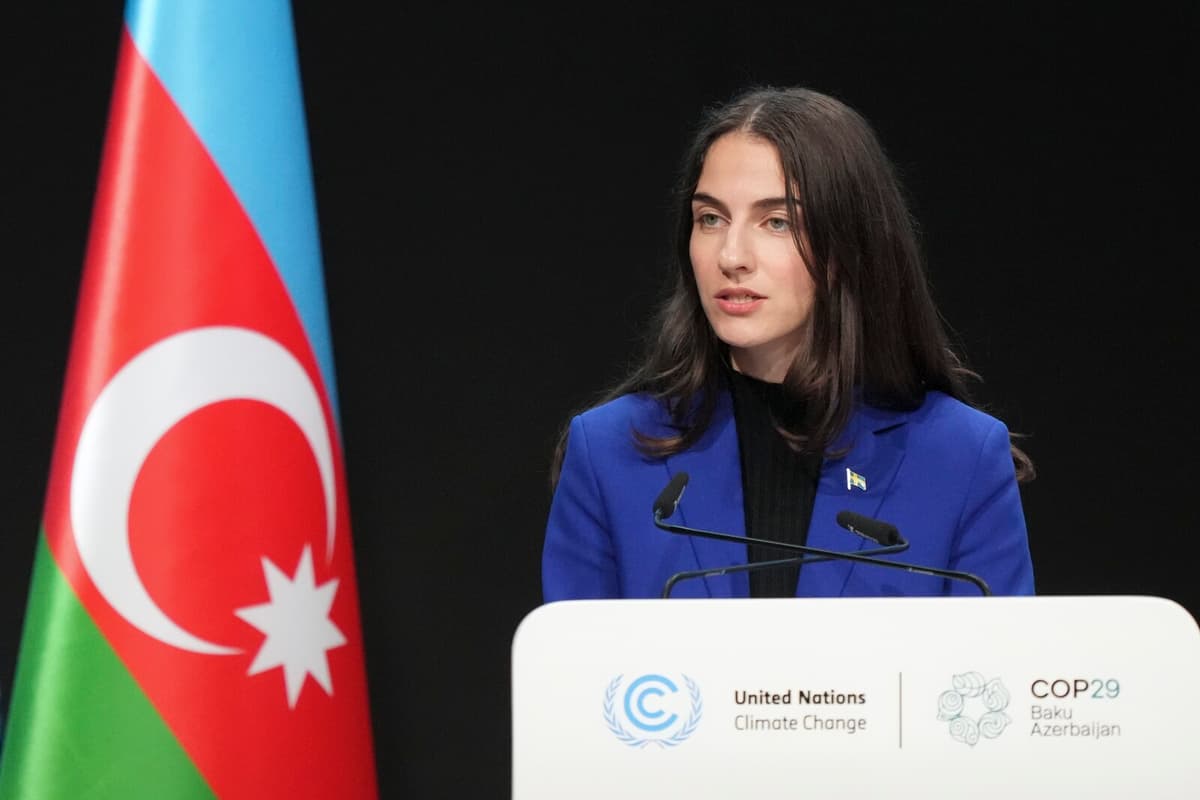Before the climate meeting, poor countries had announced that rich nations should pay $1,300 billion annually for climate efforts. When the agreement was finalized, they landed on a quarter of that – $300 billion.
I understand them and their frustration, says Climate Minister Pourmokhtari to TT.
She highlights that one of the main problems is that the EU accounts for a disproportionately high share of the efforts, while others have lower ambitions.
It cannot be that countries like Saudi Arabia, China, India, and South Korea do not contribute to these goals. Now, for the first time, we have got a formulation on this, but it is a voluntary one, she says.
Pourmokhtari expresses herself particularly critically about Saudi Arabia, which has been accused of having a divisive effect on the talks.
"Trump has influenced"
She also sees potential uncertainties regarding financing, since some countries will get new governments, for example in the USA.
Now, for example, Biden has said yes, but then Trump comes and is supposed to pay. There is a great risk that one has agreed to something one cannot live up to. Trump has influenced this meeting without being present, says Romina Pourmokhtari.
Regarding the positive aspects of the agreement, the Climate Minister highlights that they have managed to agree on the controversial Article 6 of the Paris Agreement, which establishes rules for trading emission rights to achieve climate goals.
Lifting cooperation
Sweden has worked intensively together with, among others, Denmark, Finland, New Zealand, and we are very happy that the meeting managed to make a decision on that point so early.
According to Pourmokhtari, this issue plays a significant role in achieving the Paris Agreement's goal of limiting global warming to 1.5 degrees compared to pre-industrial levels.
This is precisely the kind of global cooperation that is required if one is serious about reducing emissions.






